“Let there be India and there is Mahatma Gandhiâ€. No time, no illusion (Maya) and none can deny this eternal allegory. Whatever may be a problem-however complex, modern ultra modern – Gandhism has always a remedy a Satyagrahi, experimenting non-violence and truth but is a multifaceted genius who wrote , spoke and worked for the various wordly questins, viz., full employment, cooperative farming, nutrition andhealth, communal harmony, value educatin, upliftment of women , removal of untouchability, environmental problems etc. Gandhi’s social philosophy is becoming more and more relevant in the establishment of new peaceful world order. Organised in six parts viz., religion and politics, Swadeshi, communicalism, secularism and democracy, environmental challenges, peaceful world and miscellaneous, the present volume contains thought provoking articles and papers contributed by eminent academics, and Gandhian scholars and activists from India and abroad. A useful book, it will prove helpful for academicians, students of Gandhian thought and those who are keen to study Gandhi. It may prove equally useful to the policy makers who can apply the Gandhian approach for solving the present day problems.
ABOUT THE AUTHOR Anil Dutta Mishra
Dr. Anil Dutta Mishra started his career as an Assistant Professor in the Department of Non violence and Peace Studies, Jain Vishva Bharati Institutes (Deemed University), Ladnun, Rajasthan. His area of specialization includes Indian Government and Politics, Grass root Politics, Women's Studies, Ecology and Human Rights. He has been connected with a number of national and international organizations in various capacities like-Associate Secretary of Indian Society of Gandhian Studies, Ganeral Secretary of Alliance for Sarvodaya, Secretary General of Human Development Foundation, and Member Board of Studies, Punjab University, Chandigarh. He has authored / edited 12 books and published a number of research papers in leading professional journals. His earlier books Problems and Prospects of Working Women in Urban India (1994); Fundamentals of Gandhism (1995); Gandhian Approach to Contemporary Problems (1996); Decentralised Planning in India: A Study of Objectives and Operational Framework (1999); Gender perspectives: Participation, Empowerment and Development (1999); Perspectives on Human Rights (2002); Rediscovering Gandhi (2002); Gender Violence in India (2002); Challenges of Twenty First Century and Gandhian Alternative (2003) and India and Canada: Past, Present and Future (2003) were well received and widely acclaimed. Presently he is working on Gandhian Experiments in India.


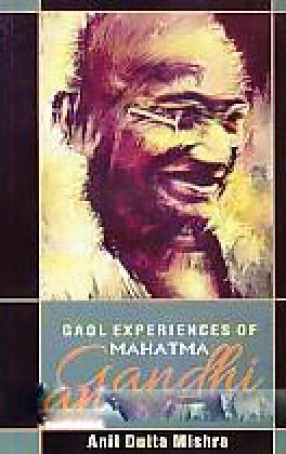
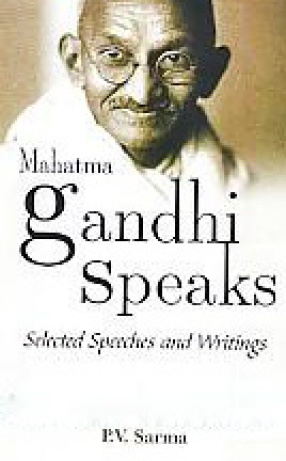
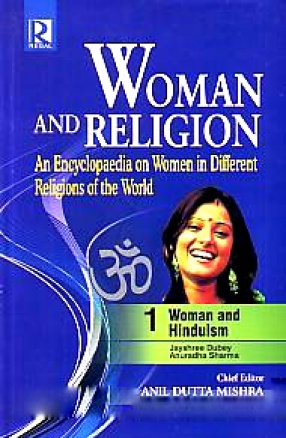
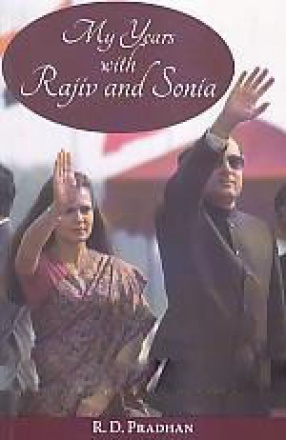
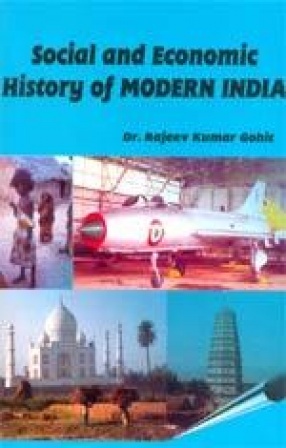
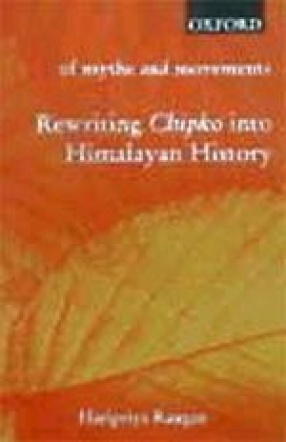
There are no reviews yet.